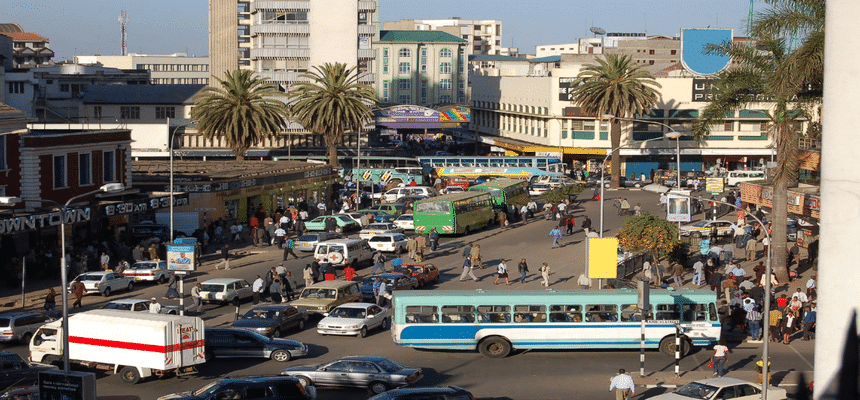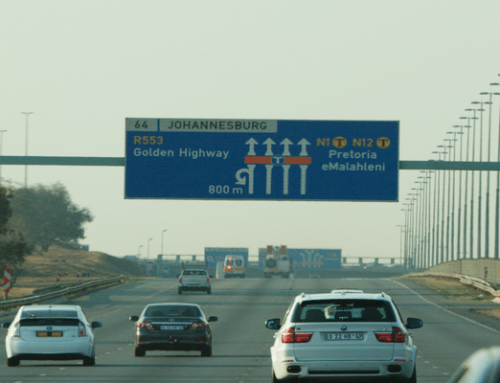Road Traffic Collisions (RTC) are happening more frequently and are the number one cause of death to travellers worldwide. A study by the World Health Organisation (WHO) identified on average 1.35 million people annually are losing their lives due to RTCs. A long time ago the UK Police changed their terminology from Road Traffic Accident (RTA) to RTC because there is no such thing as a Road Traffic ‘Accident’ – there is always a cause or blame to assign.
Last month three charity workers were killed in South Africa as they travelled back to the airport. Their driver lost control of the vehicle and it ended upside-down in a river. Details are still unclear regarding the cause, but the outcome is one that is all too familiar. Travellers dying or being seriously injured as a result of incidents that could have been avoided.
The Biggest Danger to Travelers :
Ground transportation is the biggest danger to any traveller, yet one of the most neglected from a corporate and organisational perspective, and one that travellers are nearly always most relaxed about. Whether it is an assumption that taxis and rideshare services are safe, or that seatbelts don’t need to be worn on coaches and buses, right through to lack of due diligence on drivers and vehicles assigned to travellers.
Self-Drive?
Driving in an unfamiliar country can be stressful for many people, navigating around a busy town or city to find your hotel or meeting point, then trying to find parking is added pressure you don’t need. It also increases your risk significantly, not only due to the overarching threat of getting lost and taking a wrong turn into a dangerous area, or being involved in an accident, but also because of what may happen if stopped by the police. If you don’t speak the language and you can’t communicate, it’s quite possible a simple situation could escalate in the wrong direction quite quickly.
Taxi:
The next option is a taxi but how reliable or safe is the cab you are about to get into? The standards vary massively between locations. It is imperative to do research. For example, a taxi in London is comparatively safer than a taxi in Mexico. Why? Primarily due to increased licensing and checks imposed on drivers in London, but also because of the operating environment and level of policing.
Rideshare:
Popular apps such as Uber and Lyft provide a rideshare capability operating in most cities around the world. Ridesharing has become increasingly popular because it is more affordable and sometimes more accessible in comparison to other transportation options. Read this article Rideshares are not as safe as you might think if you are concerned about your travel options abroad.
Take back control
Whether you are travelling for business or leisure, secure transportation should be considered as part of a robust travel risk management strategy. It’s important as an employer to have protection measures in place for your staff when they are travelling abroad. Employing a trusted secure transportation company is a strong start to improving the safety of your team while travelling on business. If you are an independent traveller or there are budget concerns, it is imperative that due diligence and a risk-based approach is implemented at each juncture.
Duty of Care and Journey Management:
An organization sending employees, students, or volunteers abroad has a legal and moral duty of care for their personal safety. Transporting employees through ridesharing companies and/or unregulated taxis increases the level of risk for the employees and heightens the corporate liability of employers.
If you are unsure, Seek Advice:
You should consider seeking advice from security professionals if you intend to travel through complicated environments to ensure you maximise your personal security. Incorporating secure transportation into your travel risk management plan will also provide you that extra level of security and will help to take away the stress that comes with transiting abroad.
Secure Transportation
If you want to know more about secure transportation options globally please visit https://ets-riskmanagement.com/physical-security/secure-ground-transportation/
Travel Safety Training
Visit ExploreSecure® to learn more about improving your travel risk management. Our eLearning courses are designed by security professionals with extensive experience in personal safety and surviving in challenging environments.






